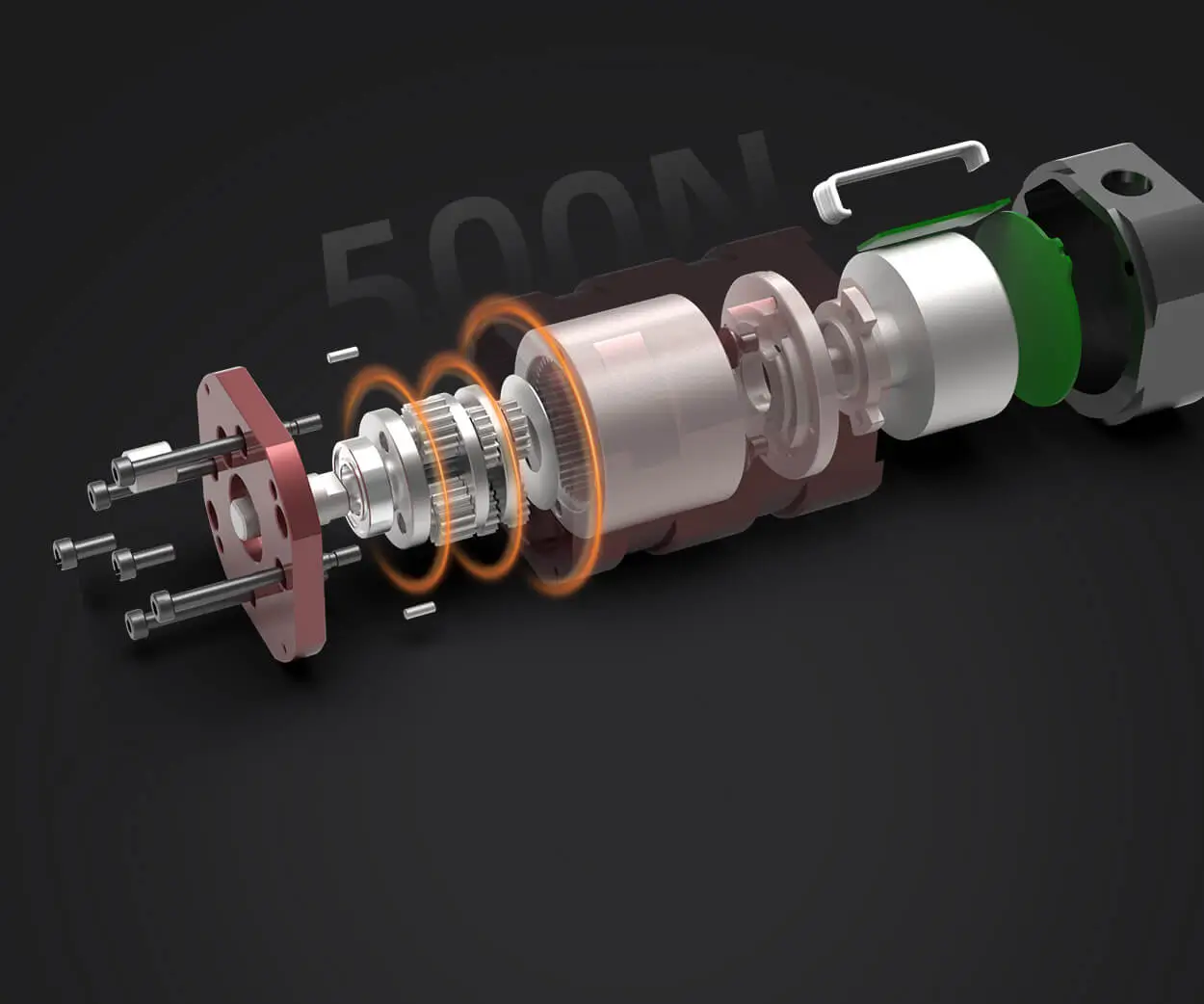Unlocking Precision: The Essential Purpose of Servo Motors in Modern Machinery
In the bustling realm of modern industry and robotics, few components have revolutionized the way machines perform with such finesse as the humble servo motor. From the tiny robotic arms assembling intricate electronics to large-scale industrial robots revolutionizing manufacturing, servo motors are at the heart of motion control systems everywhere.

But what exactly is a servo motor, and, more importantly, what purpose does it serve in the grand scheme of technological progress? To understand, we first need to appreciate the core functions that make servo motors so indispensable—control, precision, efficiency, and adaptability.
The Foundation of Precision Control
Servo motors are designed to provide precise control of angular or linear position, velocity, and acceleration. Unlike regular electric motors that run continuously at a set speed, servo motors are equipped with sophisticated feedback mechanisms—often encoders or resolvers—that constantly report their position back to a controller. This feedback loop allows for adjustments in real-time, ensuring that the motor’s movement closely matches the intended commands.
This ability to fine-tune motion with high accuracy means servo motors excel in environments where precision isn’t just appreciated; it’s essential. Manufacturing sectors, for instance, rely heavily on servo motors for tasks like CNC machining, where even tiny deviations can compromise product quality. Similarly, in robotics, servo motors enable arms and joints to move smoothly and precisely, mimicking human dexterity or performing delicate interventions.
The Inner Workings: Feedback and Control
The purpose of a servo motor can sometimes seem invisible, hidden behind layers of engineering, but at its core, it exists to create a seamless feedback loop. The controller sends a command signal indicating where it wants the motor to be—say, rotate 90 degrees—and the servo motor responds by moving to that position. The encoder collects precise data during the movement, sends it back, and the controller adjusts accordingly to stay on track.
This cycle happens hundreds or thousands of times per second, making servo motors incredibly responsive. This rapid feedback ability is particularly crucial in dynamic applications like drone stabilization, camera gimbals, or autonomous vehicle steering, where real-time adjustments affect performance and safety.
Efficiency and Energy Savings
Beyond precision, servo motors are also purpose-built to be energy-efficient. Their design ensures minimal power wastage during operations—only drawing the amount of energy necessary for a task. This is achieved through their efficient control systems, which enable the motor to hold positions without excessive energy consumption, and their ability to operate at variable speeds, tailored to the specific task at hand.
In industrial environments where machines operate for hours on end, this energy efficiency translates into substantial cost savings and reduced environmental impact. Furthermore, electrode or gear design optimizations allow servo motors to deliver high torque at low speeds—a combination that maximizes utility without unnecessary energy drain.
Versatility Across Industries
The purpose of a servo motor is also defined by its versatility. Its adaptable design allows it to be integrated into a multitude of systems, from small-scale device automation to massive assembly lines. In the realm of consumer electronics, servo motors enable precise camera focus and lens adjustments. In aerospace, they control flaps and other moving parts with high precision, advancing both safety and performance.
In medical equipment, such as robotic surgical tools, servo motors facilitate ultra-fine movements that surpass human capabilities, making minimally invasive surgeries more precise and safer. In entertainment technology, servo motors power camera rigs and stage movements, allowing for spectacular visual effects and smooth cinematic shots.
The Purpose of Enhanced Safety and Reliability
When safety is a priority, servo motors shine even brighter. Their ability to quickly stop, reverse, or adjust movements in response to sensor data ensures both machine and user safety. This is why servo motors are often incorporated into safety-critical systems, like automated warehouse robots or autonomous vehicles—where precise control and swift responsiveness can prevent accidents.
Furthermore, servo motors are engineered to meet rigorous reliability standards, boasting long operational lifespans and low maintenance requirements. Their purpose in these contexts goes beyond movement; it’s about enabling a dependable, fail-safe operation that supports the integrity of entire systems.
Future Trends: Servo Motors in a Smarter World
As technology continues to evolve rapidly, so does the purpose of servo motors. The integration of artificial intelligence and machine learning with motor control systems promises even greater levels of precision, energy efficiency, and adaptability. Imagine servo motors that learn from their environment, anticipate movements, and optimize their performance in real-time—this is a future where servo motors truly become smarter.
Industrial Internet of Things (IIoT) integration allows for remote monitoring and diagnostics, extending the lifespan of servo motors and reducing downtime. Additionally, ongoing innovations in materials, miniaturization, and power electronics expand the possibilities for servo motors in new domains, such as nanoscale robotics or wearable medical devices.
Leveraging innovations in modular drive technology, Kpower integrates high-performance motors, precision reducers, and multi-protocol control systems to provide efficient and customized smart drive system solutions.




































